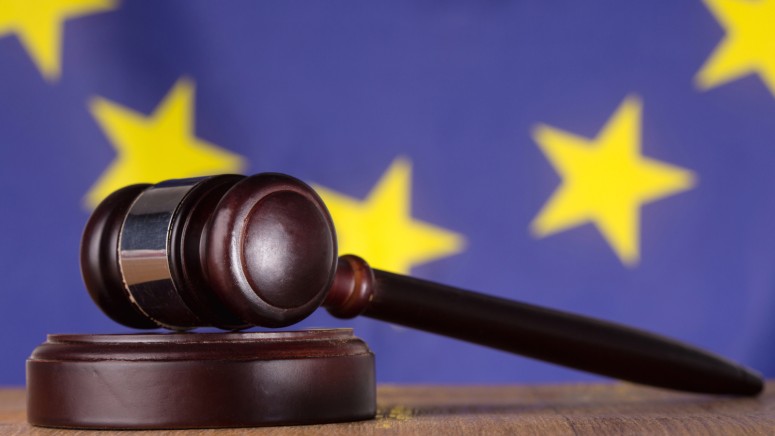
EU Commission Bashes Game Publishers for Geo-Blocks
- Valve was found to be conspiring with another five game publishers to establish an anti-trust system on Steam.
- The EU Commission has issued a total of €7.7 million in fines, bashing the firms for their illegal practices.
- Valve chose not to cooperate with the investigators and will most likely continue to geo-block users.
The EU Commission has concluded an anti-trust investigation it started in 2017 and is now announcing fines against five gaming publishers and Valve. According to the announcement, these firms were determined to be engaging in unlawful restriction of cross-border sales of products (video games) across countries that lie within the EEA (European Economic Area).
These geo-blocking practices were secured by special licensing and distribution agreements between the bashed companies and first appeared in the market as early as 2007.
This constitutes violation of the EU antitrust rules, and so the EU commission has issued the following fines:
- Focus Home - €2.8 million
- ZeniMax - €1.6 million
- Valve - €1.6 million
- Koch Media - €977k
- Capcom - €396k
- Bandai Namco - €340k
The EU Commission clarifies that all of the above fines were reduced due to the companies showing a willingness to cooperate with the investigators. Valve, the owner of the “Steam” platform where these illegal business systems manifested, was the only exception as they chose not to conduce to the work of the probe agents.
Margrethe Vestager, executive vice-president in charge of EU’s competition policy, stated:
Last summer, we covered a story detailing how Valve was looking to put an end to the practice of users hiding behind VPNs when creating Steam accounts to get better pricing on certain game titles. The company warned users that this was violating the subscriber agreement and was a reason for permanent bans. Of course, people exploited the system not to switch to other European countries but to third-world areas that get the best pricing.
It is unlikely that EU’s fines will bring permanent change to these practices, or something like common “global” or at least inter-European prices. Even within the EEA, countries use different tax rates and business regulations, so game publishers have to comply with divergent requirements.











